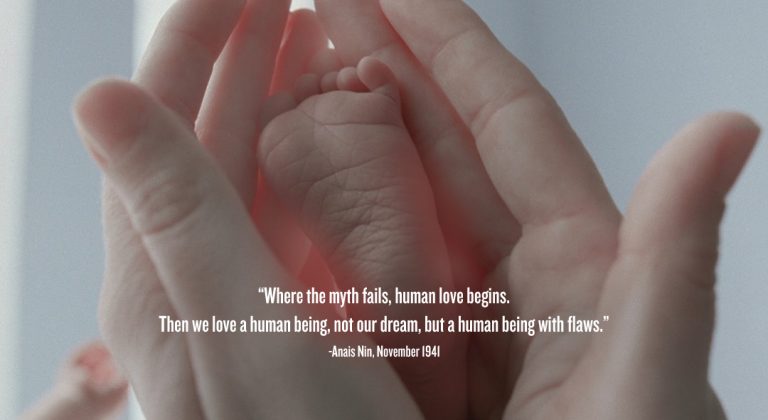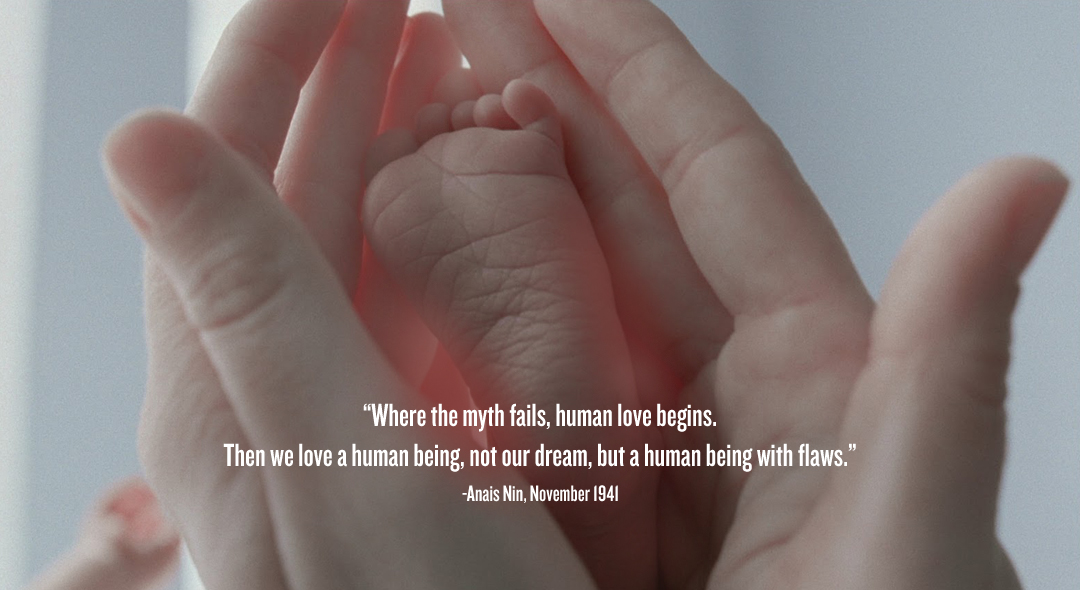Last December I featured NOWNESS‘ terrific profile of renowned designer Massimo Vignelli and his close friend, collaborator, and legendary architect Richard Meier (see the link below). And as is to be expected from the greatest creative minds of our time, Vignelli’s insights throughout his career extend far beyond design alone, and encompass the human experience at large.
In a recent profile featured in Brain Pickings, author and artist Debbie Millman (How To Think Like A Great Graphic Designer) interviews Vignelli where he shares his thoughts on love and his concept of “intellectual elegance”. The following is an excerpt: “When I talk about elegance, I mean intellectual elegance. Elegance of the mind. I would define intellectual elegance as a mind that is continually refining itself with education and knowledge. Intellectual elegance is the opposite of intellectual vulgarity. We all know vulgarity very well. Elegance is the opposite.” The conversation eventually bridges to the topic of love, where Vignelli adds:
“Love is a cake that comes in layers. The top layer is the most appealing one. This is the one you see first. Then you cut into it and you see many different layers. They’re all beautiful, but some are sweeter than others. How do I define love? I define it as a very intense passion on the one hand, and a very steady level on the other. The first layer, the one of passion, is the most troublesome. God, it’s a pain. [The] more you love, the more jealous you get. You become jealous of everything, the air around the person, the people, a look, even the way they look at something. Then there is the extreme pleasure of writing about love, as well. This is fascinating to me. The layer of correspondence — and the anxiety to receive answers. That is great. Finally you come to the physical layer. The emotion of receiving and conveying pleasure is sensational. It’s unbelievable how your entire body becomes a messenger. Your fingers, lips, eyes, smells. Your whole body becomes involved. Then there is the layer of suffering. Distance, remoteness, no presence, horror. The suffering of not seeing who you want to see, and not being with whom you love. This is another painful aspect of love. We are talking about pain. All these layers define love. I think that is why it’s so great and so extremely complex.”
Brain Pickings has also been collaborating with Debbie Millman for a beautiful series of posters inspired by author and diarist Anaïs Nin (1903-1977). Nin’s body of work is extraordinary, and includes her published journals (which span more than 60 years, beginning when she was 11 years old and ending shortly before her death), novels, critical studies, essays, short stories, and erotica. So far, Brain Pickings and Millman have turned two of Nin’s most brilliant quotations into posters which are available on Etsy, with 100% of proceeds benefiting A Room of Her Own, a foundation supporting women writers and artists. The first being Nin’s powerful observation of the corrosive effect of anxiety on love, written in February 1947: “Anxiety is love’s greatest killer. It creates the failures. It makes others feel as you might when a drowning man holds on to you. You want to save him, but you know he will strangle you with his panic.” The second selection of Nin, written in November 1941, reads: “Where the myth fails, human love begins. Then we love a human being, not our dream, but a human being with flaws.”
From my own understanding of the deepest nature and purpose of the human experience, there are three fundamentals that I have come to appreciate above all others. These three together have come to govern my choices and decisions in life, as well as to provide me with a trusty compass that I can always rely on in my life’s journey. First, as Albert Einstein so wisely warned, to focus on happiness as an end goal is “for swines”; instead, Einstein says to focus on “truth, goodness, and beauty.” Second, it is our #1 responsiblity in life to discover the true nature of ourselves. It might appear a simple task at first glance, but to fully unfold and discover one’s true self takes a lifetime of hard work and determination. We live in a world surrounded by forces trying to shut down this important process — from dogmatic religions, to political systems, to inauthentic life paths and dreams that are projected onto us from our parents, etc. To fully blossom and become who you truly are, one must tune out these external forces and dive within one’s inner realm of consciousness as deeply as possible. And thirdly, there is one question that we face when our time here is up — “How have you loved?” It is one of the most profound questions anyone of us could possibly ask ourselves. As human beings, it is our duty to understand and experience, to give and receive, as many possible dimensions of love as we possibly can. Not only in our relationships with those around us, but in our relationship with ourselves as well.
SEE ALSO: Watch NOWNESS’ Short Film “On The Edge Of Modernism” With Massimo Vignelli
SEE ALSO: How To Understand That A Meaningful Life & A Happy Life Are 2 Different Things
SEE ALSO: Einstein: Happiness As An End Goal Is For “Swines”, Focus Instead On Truth, Goodness & Beauty



